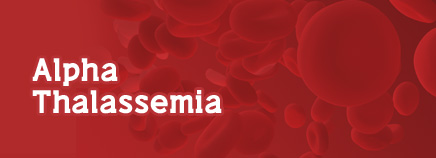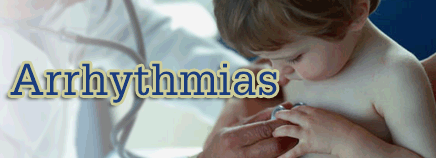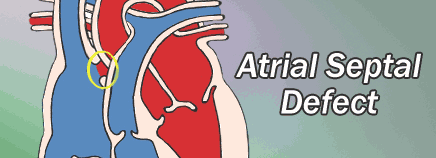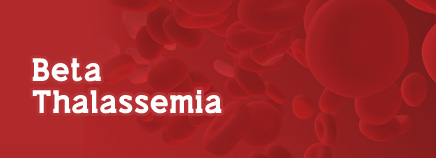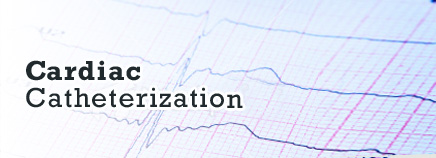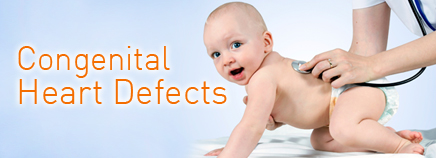Thalassemias Thalassemias are a group of blood disorders that affect the way the body makes hemoglobin. Hemoglobin is a protein found in red blood cells that carries oxygen throughout the body. It’s made up of alpha globin and beta globin. The body contains more red blood cells than any other …
Anemia
About Anemia Anemia happens when the level of healthy red blood cells (RBCs) in the body becomes too low. This can lead to health problems because RBCs contain hemoglobin, which carries oxygen to the body’s tissues. Anemia can cause a variety of complications, including fatigue (tiredness) and stress on the …
Arrhythmias
An arrhythmia is an abnormal heart rhythm. Most arrythmias are caused by an electrical “short circuit” in the heart. The heart normally beats in a consistent pattern, but an arrhythmia can make it beat too slowly, too quickly, or irregularly. This erratic pumping can lead to a variety of symptoms, including …
Atrial Septal Defect
About Atrial Septal Defects An atrial septal defect (ASD) — sometimes referred to as a hole in the heart — is a type of congenital heart defect in which there is an abnormal opening in the dividing wall between the upper filling chambers of the heart (the atria). In most …
Beta Thalassemia
Thalassemias Thalassemias are a group of blood disorders that affect the way the body makes hemoglobin. Hemoglobin is a protein found in red blood cells that carries oxygen throughout the body. It’s made up of alpha globin and beta globin. The body contains more red blood cells than any other …
Body Basics: The Heart (Slideshow)
View the slideshow below to learn about the heart. To advance the page or return to an earlier slide, click on the arrows.
Cardiac Catheterization
It’s normal to be nervous about a procedure that involves your child’s heart. But cardiac catheterizations are usually no cause for alarm. These procedures are often successful in kids and teens and carry a very low risk of complications. Kids are usually released from the hospital the very same day …
Cholesterol and Your Child
Most parents probably don’t think about what cholesterol means for their kids. But high levels of cholesterol are a major factor contributing to heart disease and stroke, and medical research shows that cardiovascular disease has its roots in childhood. And with the dramatic increase in childhood obesity, more and more kids …
Coarctation of the Aorta
What Is Coarctation of the Aorta? Coarctation of the aorta (COA) is a narrowing of the aorta, the major blood vessel that carries blood away from the heart to the body. This narrowing causes the left side of the heart to work harder to pump blood through the aorta. Sometimes the …
Congenital Heart Defects
A congenital heart defect is a problem in the heart’s structure that is there when a baby is born. About 1 in every 100 newborns have congenital heart defects, which can range from mild to severe. Congenital heart defects happen because of incomplete or abnormal development of the fetus’ heart during …

